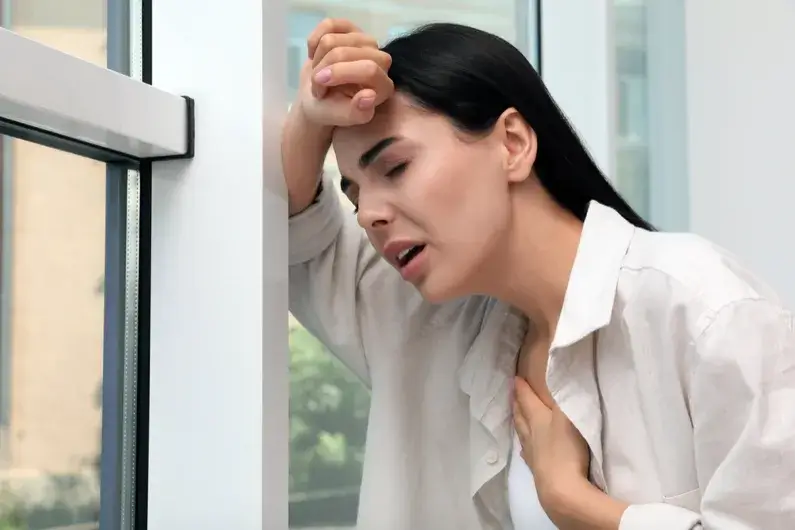Pneumonia symptoms can vary from so mild you barely notice them, to so severe that hospitalization is required. How your body responds to pneumonia depends on the type germ causing the infection, your age and your overall health. Pneumonia is an infection that affects one or both lungs. It causes the air sacs, or alveoli, of the lungs to fill up with fluid or pus. Bacteria, viruses, or fungi may cause pneumonia. Symptoms can range from mild to serious and may include a cough with or without mucus (a slimy substance), fever, chills, and trouble breathing. How serious your pneumonia is depends on your age, your overall health, and what caused your infection. To diagnose pneumonia, your healthcare provider will review your medical history, perform a physical exam, and order diagnostic tests such as a chest X-ray. This information can help determine what type of pneumonia you have.
Treatment for pneumonia may include antibiotic, viral, or fungal medicines. It may take several weeks to recover from pneumonia. If your symptoms get worse, you should see a healthcare provider right away. If you have severe pneumonia, you may need to go to the hospital for antibiotics given through an intravenous (IV) line and oxygen therapy.
Some types of pneumonia can be prevented by vaccines. Good hygiene and heart-healthy living can also lower your risk for pneumonia.
Your doctor will start by taking your medical history. They’ll ask you questions about when your symptoms first appeared and your health in general.
They’ll then give you a physical exam. This will include listening to your lungs with a stethoscope for any abnormal sounds, such as crackling.
Depending on the severity of your symptoms and your risk of complications, your doctor may also order one or An X-ray helps your doctor look for signs of inflammation in your chest. If inflammation is present, the X-ray can also inform your doctor about its location and extent.
This test uses a blood sample to confirm an infection. Culturing can also help identify what may be causing your condition. During a sputum culture, a sample of mucus is collected after you’ve coughed deeply. It’s then sent to a lab to be analyzed to identify the cause of the infection.










